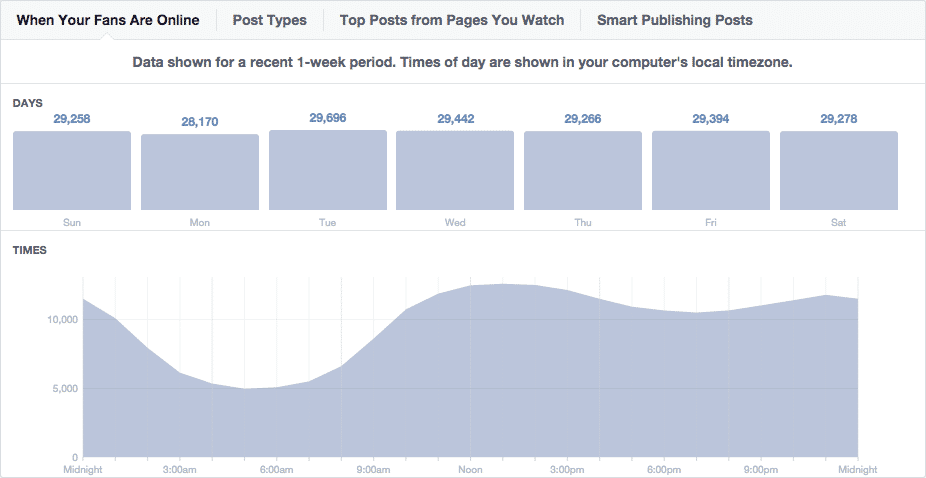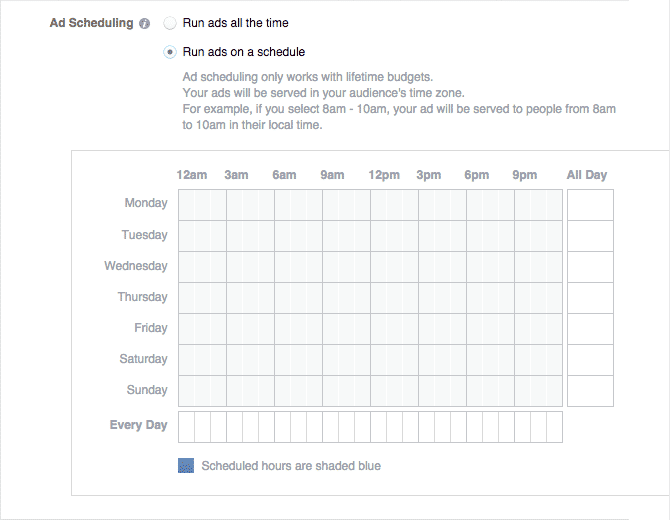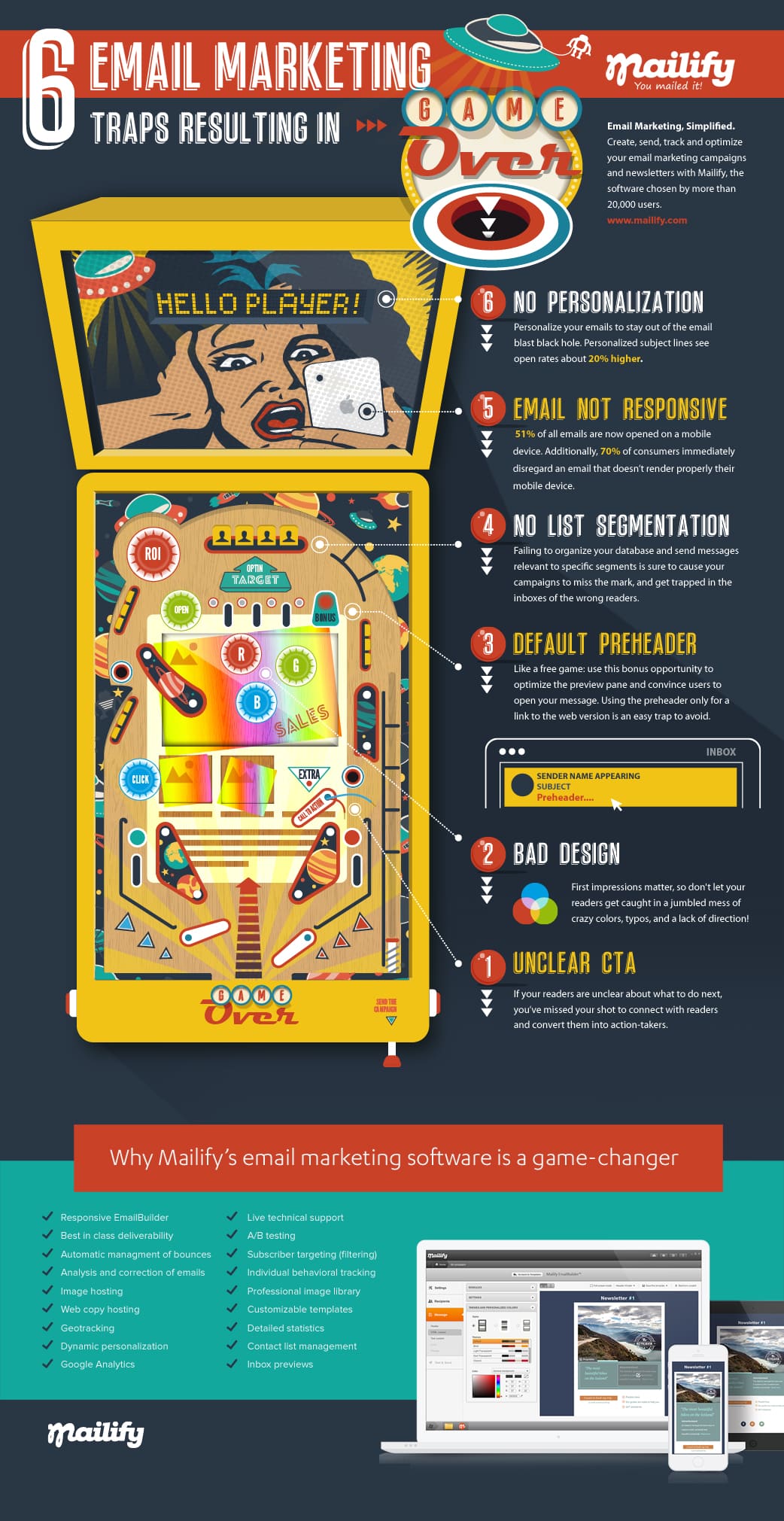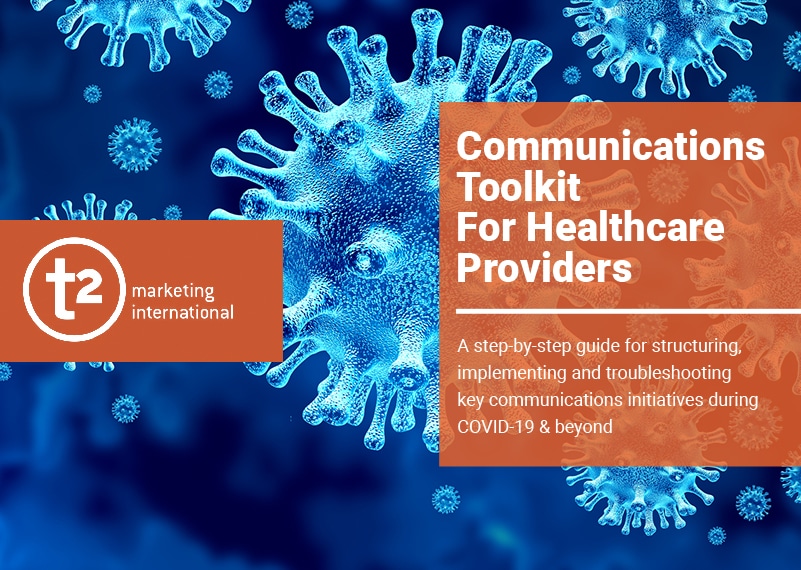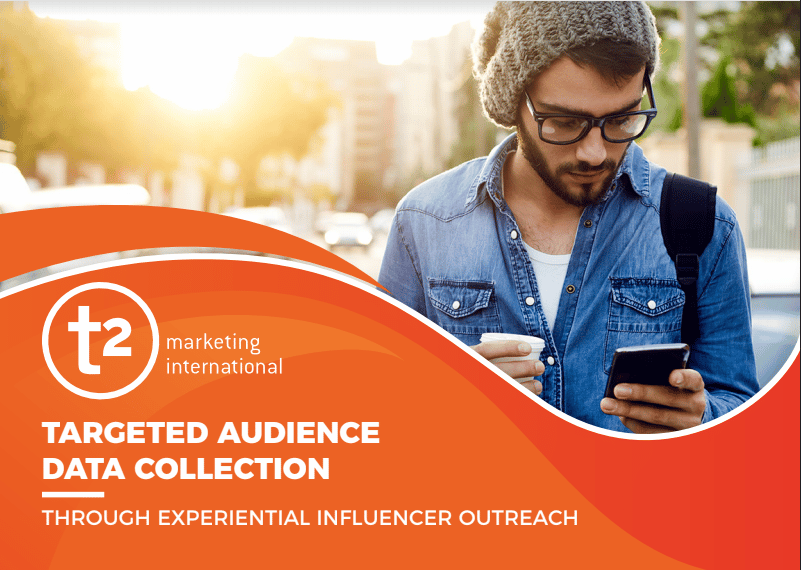This article originally appeared on CoreyPadveen.com.
There are some things that even the most knowledgeable of marketers might be forgetting to include in their digital marketing strategy.
A digital marketing strategy is a pretty robust thing. With that in mind, it shouldn’t come as any surprise that most marketers and business owners often forget about a few important components that need to be included in a digital marketing strategy in order for it to be successful.
Like I said, there is a ton that needs to be considered in order to build a working strategy, and just because these three components are included, it does not mean that it’s a finished product. But they are important and they are going to help your brand grow online. That said, here are three elements that need to be a part of every digital marketing strategy in order for it to find success.
Social Media Advertising
Gone are the days when paid advertising was a luxury afforded to the largest and wealthiest of brands. Even in more recent years, digital advertising, which consisted primarily of Google AdWords and banner ads, was too grand a cost for most brands to bare. Now, with social media advertising becoming more commonplace (and about as simple a practice as any) all brands can and should be taking advantage of it.
A few months ago, I conducted a little internal case study/experiment in order to showcase the cost effectiveness of social media advertising when compared to ‘traditional’ digital advertising, Google AdWords. I decided to look at a relevant and pretty competitive keyword: ‘social media’. What I found was that on a CPC and CPM basis, social media advertising could be nearly ten times more cost effective when targeting the right demographics on social media (another value added).

So the question becomes, why are brands not jumping on the opportunity to build their digital presence by including a section devoted to social media advertising in their digital marketing strategies? The proof is in the numbers, and the more you work with social ads, the simpler and more successful they become to achieving business-specific goals.
Data-Backed Strategy
I’ve grown to accept that data is not for everyone; I guess my attraction to numbers makes me an anomaly. But if you don’t like data, at least do the longevity of your business a favor and find someone who can help you analyze data and incorporate it into your strategy. Hypothetical marketing plans are a thing of the past. We have a world of insights at our fingertips – literally!

Delving into your owned media (i.e. any digital media that you are in total control of, such as your website or branded social media channels) and industry media (using a listening or data aggregating technology) can produce some incredibly valuable information. This information can help you create things like content strategies, help you identify new demographics and opportunities and begin building ResponsiveBrandingTM campaigns.
Don’t let a distaste for numbers deprive you of a huge amount of potential. Let the data be the driving force behind your digital marketing strategy, and let it reinvent your strategy as it changes.
Influence Marketing
We often hear a lot about influence and influencers, but what exactly are we talking about when we say ‘influence marketing’? Leveraging the power of influencers can launch your brand into a new realm and expand your reach and your own influence in the marketplace. Why is that? It all comes down to trust.
According to the results of the 2014 Edelman Trust Barometer – an annual, global trust and credibility survey – 67% of people trust experts in a particular field, and 62% of people trust their peers (or, as the study puts it, ‘a person like yourself’). The beauty of influencers is that they can be – and often are – both of those things: industry experts that people consider their peers (in large part thanks to social media and its ability to connect people).
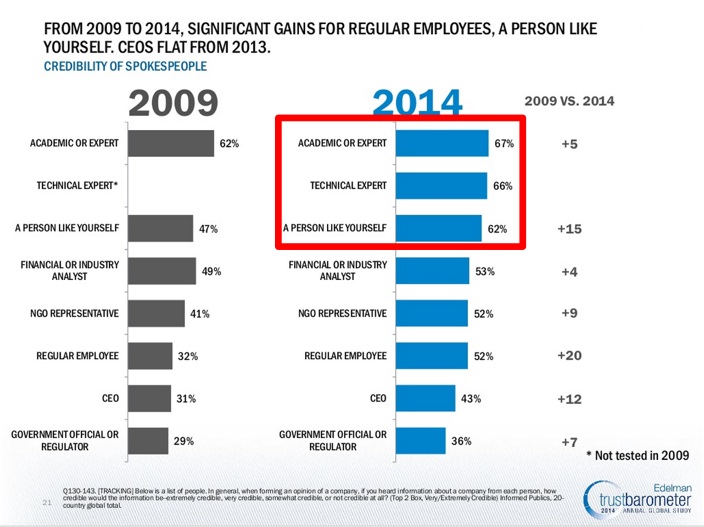
By identifying your industry’s influencers and reaching out to them, you can forge relationships that can turn into brand advocacy. This can be an invaluable asset when looking to build your business not only in the short term, but in the long run as well.
Conclusion
There is a lot that will go into your digital marketing strategy. These three assets will only be a small part of the overall product, but they can play an important role in the overall success of your business, and so few people are properly taking advantage of them. Next time you review your business strategies, consider including these three elements in your digital marketing plan.
